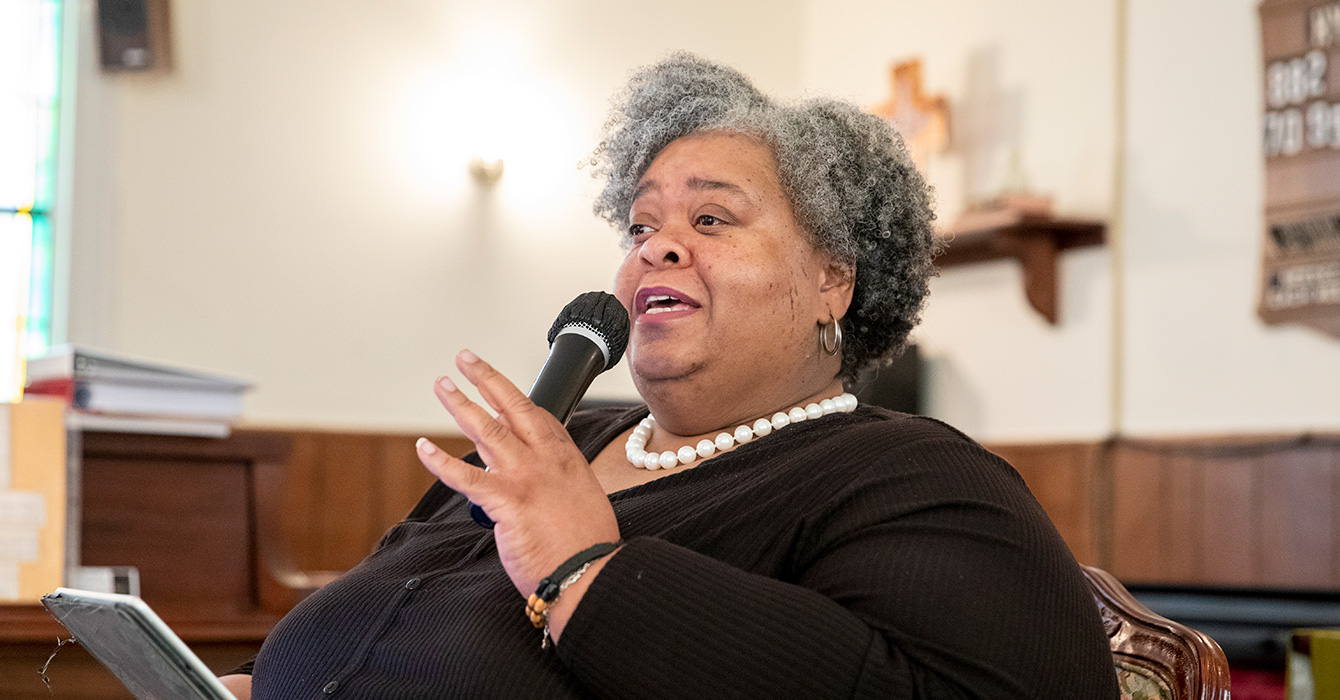Smaller churches and younger clergy are in trouble.
Recently “Call & Response” linked to an article entitled “Too Many Pastors, Not Enough Work” that highlights how the ministry is changing for people of all ages. Stories like this make young pastors in particular wonder about our future as leaders in the church.
Young clergy like myself entered the ministry expecting to spend our working lives in some church capacity, never intending to amass a fortune, but planning to earn enough to pay the rent, put children through college, and save a little. That is, we hoped eventually to earn more than our denominations’ minimum-salary – which is enough to get started but little more. Given the messages I heard as a young adult discerning a call, never did I think this model was untenable. “The church needs pastors,” I was told. “Soon there will be a shortage.”
It looks as if that was only partly true. It is true that pastors are needed in the mainline’s many small congregations, and that won’t change. But the number of full-time pastors (i.e. pastors earning enough to pay the rent and support a family) is dwindling. Many judicatories around the mainline churches are looking for more part-time than full-time clergy. In my own financially-healthy synod, the number of part-time positions is growing faster than we would like. A lot faster. Some say that this will change when the economy rebounds. Maybe it will for a few. But in most congregations, the issue is not money. It’s numbers. Many congregations have become so small that any future economic growth will have no effect on their ability to pay a full-time pastor.
Young clergy and the churches have to address two issues. First, what should younger clergy do, since most of us have already paid for at least eight years of schooling and don’t have a second set of skills to fall back on? Young women pastors especially cannot look outside the mainline since we would not be permitted to serve in most of those contexts. Second, what should the church be telling younger adults discerning a call to ministry?
I think the simple answer is this: tell the truth. The model for ministry which we have long assumed is no longer the model of the future. In the same way that older clergy are facing the reality of decimated pensions and the prospect of working more years than they expected, so too are younger clergy facing a different future. In 10-20 years, some will still have full-time calls; many will not. So, for those of us already in the ministry, we will need to acquire a second set of skills and discern whether we can fulfill our calling through bi-vocational ministry. For those who are entering the ministry, they need to be told at the outset about the reality into which they enter. They, too, will probably have to acquire a second set of skills and to add to their discernment the question of whether or not God is calling them to bi-vocational ministry.
Most of all, the church and its mostly older leadership has to talk about this economic reality right now. They must do this without sounding unnecessary alarm bells but with realism about the future. They must also address the future of clergy education. They could even ask some younger people to help. I think we would be willing.
The future is not necessarily dire, but it will look different. How is that any different than at any time in the past? Like those who went before us, we trust that the church of Christ will be just fine. What’s more, with some flexibility, the help of the community, a whole lot of faith, and ongoing prayer, we younger clergy will be just fine, too.








